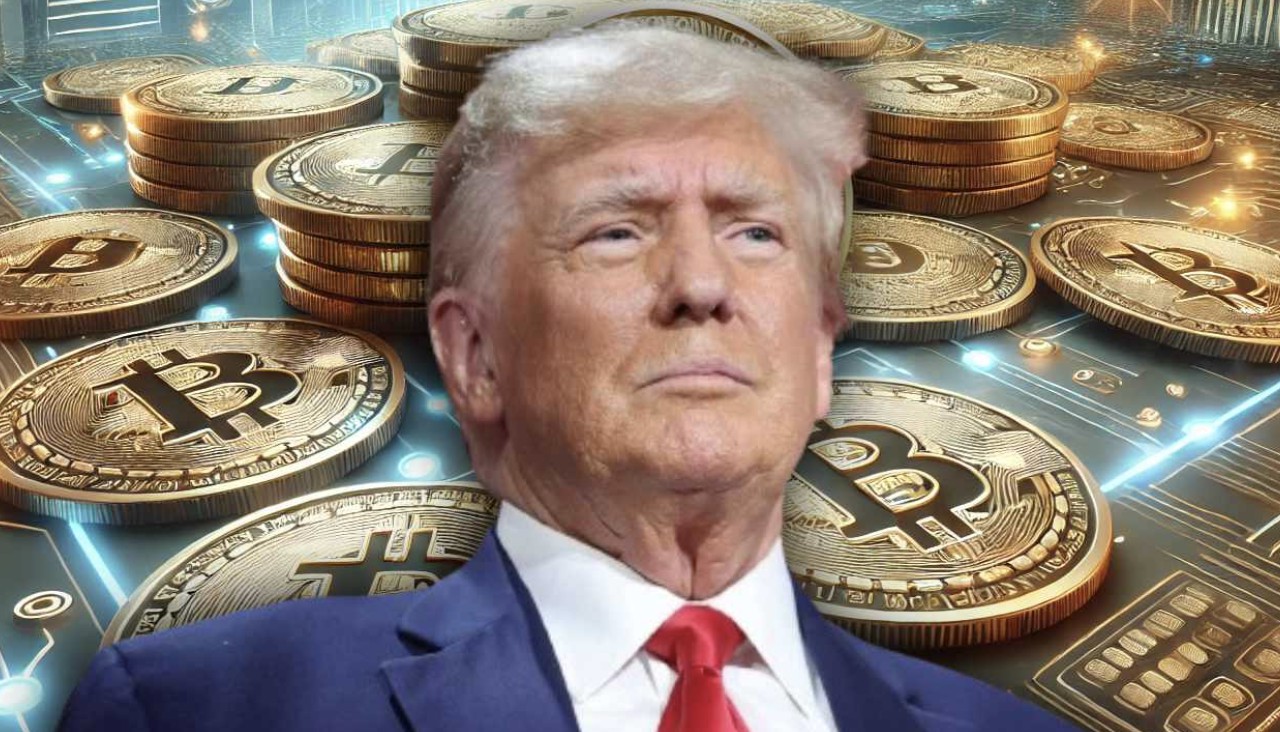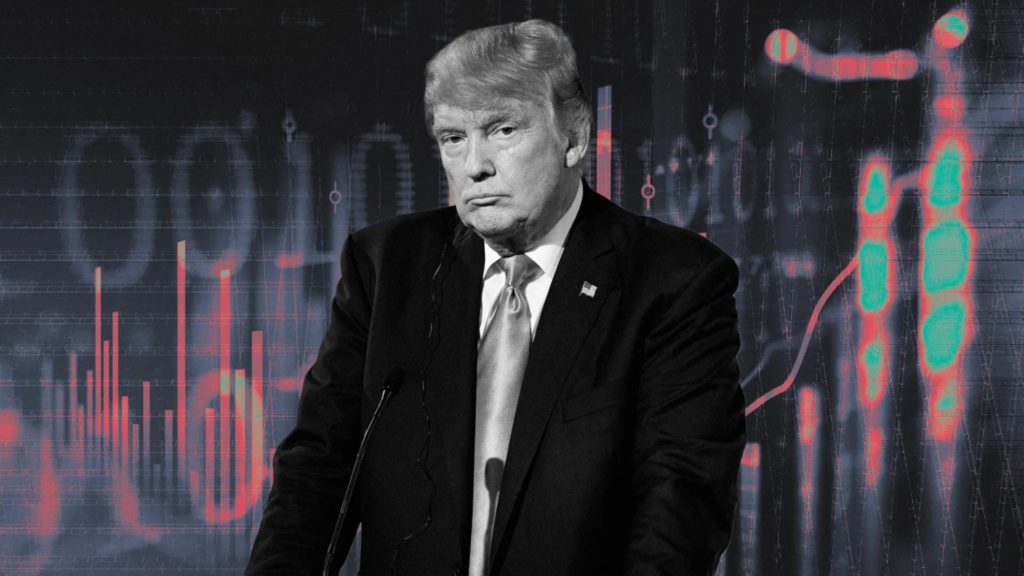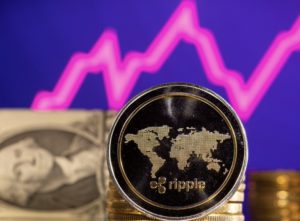The Controversial Use of Brent Neiman’s Tariff Research in Trump Era Trade Policy

Jakarta, Pintu News – The debate over the United States’ trade policy is heating up again after a renowned economist, Brent Neiman, strongly criticized the use of his research by former President Donald Trump’s administration.
Neiman, a former Treasury official in the Biden administration and professor at the University of Chicago, argues that his research on tariffs has been misused to justify aggressive trade policies. This issue reflects the importance of accuracy and integrity in the use of academic research to support public policy.
Brent Neiman Tariff Research Background
Brent Neiman and three other economists conducted an in-depth study on the economic impact of tariffs. The research focused on how tariffs affect the US trade deficit and the impact on import prices.
In the study, Neiman found that the optimal tariff that the government should apply is much lower than the tariff imposed by the Trump administration. However, in an official report titled “Reciprocal Tariff Calculations”, the Office of the US Trade Representative (USTR) cited Neiman’s research to justify import tariffs that are much higher than the study’s recommendations.
According to Neiman, the most fundamental error lies in the pass-through rate or the amount of tariff burden that is ultimately borne by consumers. His research recorded a pass-through rate of 95%, but the USTR only used a figure of 25%, resulting in a very high tariff calculation.
Also Read: Bitcoin plummets to $70,000, global tariff tensions trigger investor concerns
Criticism of Trump Era Tariff Strategy

Brent Neiman not only criticized the way the data was used, but also criticized the Trump administration’s overall trade policy strategy. The reciprocal tariffs strategy oversimplifies the problem of trade deficits between countries.
According to Neiman, trade deficits do not solely reflect unfair trade practices, but are more influenced by other economic factors such as the availability of natural resources, comparative advantage, and the level of economic development of each country.
For example, he explained that Americans buy more clothes from Sri Lanka than Sri Lankans buy products from America not because of unfair trade practices, but because of the different economic structures of each country.
Tariff Calculation Weaknesses and Their Impact
In addition to the error in using pass-through rate data, Neiman also pointed out the flaw in the tariff calculation formula used by the Trump administration. The formula assumes that tariffs against one country will not affect trade with other countries or American exports.
In practice, however, high tariffs on one country can cause companies to look for alternatives from other countries. For example, high tariffs on car parts from Japan could lead the American auto industry to switch to suppliers from Mexico.
Moreover, the widespread application of high tariffs also risks triggering countermeasures from other countries, increasing the exchange rate of the US dollar, and ultimately hurting American exports themselves.
The Importance of Accuracy in the Use of Academic Research in Public Policy
This controversy shows how the misuse of academic research in the formulation of public policy can be a serious problem. Brent Neiman emphasized that his research was originally intended to help the government formulate an appropriate tariff policy, not to support the high tariff policy in place at the time.
He was disappointed that his findings were used to justify tariffs that were four times higher than his recommendations. This incident also serves as an important lesson on the need for transparency and accuracy in policy-making, especially those involving data and academic research.
Conclusion
The case of Brent Neiman vs the Trump administration shows that in the process of making public policy, the use of academic research should not be arbitrary. Trade policies, especially those related to tariffs, should be based on accurate analysis and take into account complex economic conditions.
When data and research are twisted to support a particular agenda, it is not only the credibility of researchers that is at stake, but also the impact on the economy and long-term international relations.
Also Read: Can Dogecoin (DOGE) Price Reach $100? Check out the Technical Analysis!
That’s the latest information about crypto news today. Get more information about crypto academy from beginner to expert level only at Pintu Academy and enrich your knowledge about the world of crypto and blockchain.
Follow us on Google News to get the latest information about crypto and blockchain technology. Enjoy an easy and secure crypto trading experience by downloading Pintu Crypto via Google Play Store or App Store now.
Experience web trading with advanced trading tools such as pro charting, various order types, and portfolio tracker only at Pintu Pro. Click Register Pintu if you don’t have an account or click Login Pintu if you are already registered.
*Disclaimer
This content aims to enrich readers’ information. Pintu collects this information from various relevant sources and is not influenced by outside parties. Note that an asset’s past performance does not determine its projected future performance. Trading crypto carries high risk and volatility, always do your own research and use cold hard cash before investing. All activities of buying andselling Bitcoin and other crypto asset investments are the responsibility of the reader.
Reference:
- Cryptopolitan. Neiman Slams Trump Over Tariff Research. Accessed April 10, 2025.
- Featured Image: Bitcoin News




